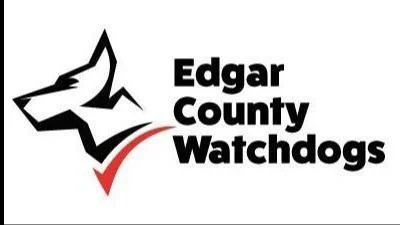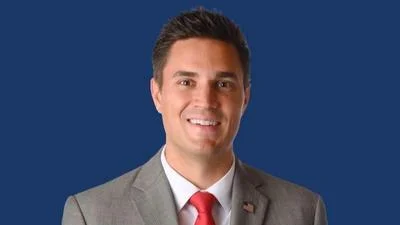Starting July 1, Illinois will implement a series of new laws affecting various sectors, including education, environmental policy, and taxation. These changes coincide with the state's $55.2 billion Fiscal Year 2026 budget.
The new tax measures include an increase in sports betting taxes, with a per-wager tax rising from $0.25 to $0.50 after the first 20 million bets. This has prompted companies like DraftKings and FanDuel to adjust their pricing structures accordingly. Additionally, short-term rental services such as Airbnb and Vrbo will now be subject to Illinois' Hotel Operators’ Occupation Tax, potentially increasing travel costs for families within the state. The wholesale tax on tobacco products is also set to rise from 36% to 45%.
Among the notable legislative changes is the ban on small single-use plastic bottles in hotels under the Small Single-Use Plastic Act. This law applies initially to hotels with at least 50 rooms and will extend to smaller establishments by January 1, 2026.
Public Act 103-0304 mandates that state agencies report employment data inclusive of individuals identifying as non-binary or gender non-conforming. Two other laws address birth certificate access: Public Act 103-0682 waives fees for requests made by the Office of the State Guardian, while Liam’s Law (Public Act 103-0948) allows parents to request certificates for stillbirths occurring at or after 20 weeks.
From the school year beginning in 2026–2027, public schools are required to educate students about climate change's environmental impacts. The State Board of Education will develop resources and training for this initiative.
The Access to Affordable Insulin Act reduces insulin costs from $100 to $35 out-of-pocket through a discount program allowing purchases at post-rebate prices.
Changes have been made under the Assisted Living and Shared Housing Act to broaden eligibility for assisted living facilities, particularly for those needing non-routine catheter care.
Opioid overdose prevention efforts are bolstered by Public Act 103-0845, which ensures opioid antagonists like Narcan are available in state agencies and provides civil liability protection under the Good Samaritan Act for trained staff.
Public Act 103-1056 requires courts to provide foreign language interpreters free of charge when needed during legal proceedings involving witnesses or self-represented litigants who are low-income individuals.
A new law concerning sexual exploitation modifies several statutes related to prostitution. It mandates automatic sealing of eligible Class 4 felony convictions related to prostitution and revises terminology within these statutes.




 Alerts Sign-up
Alerts Sign-up